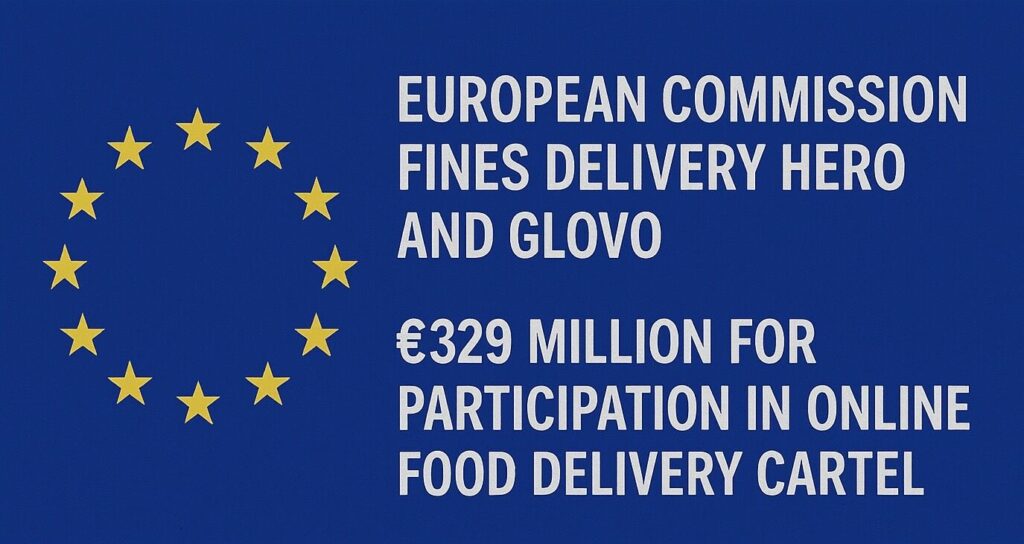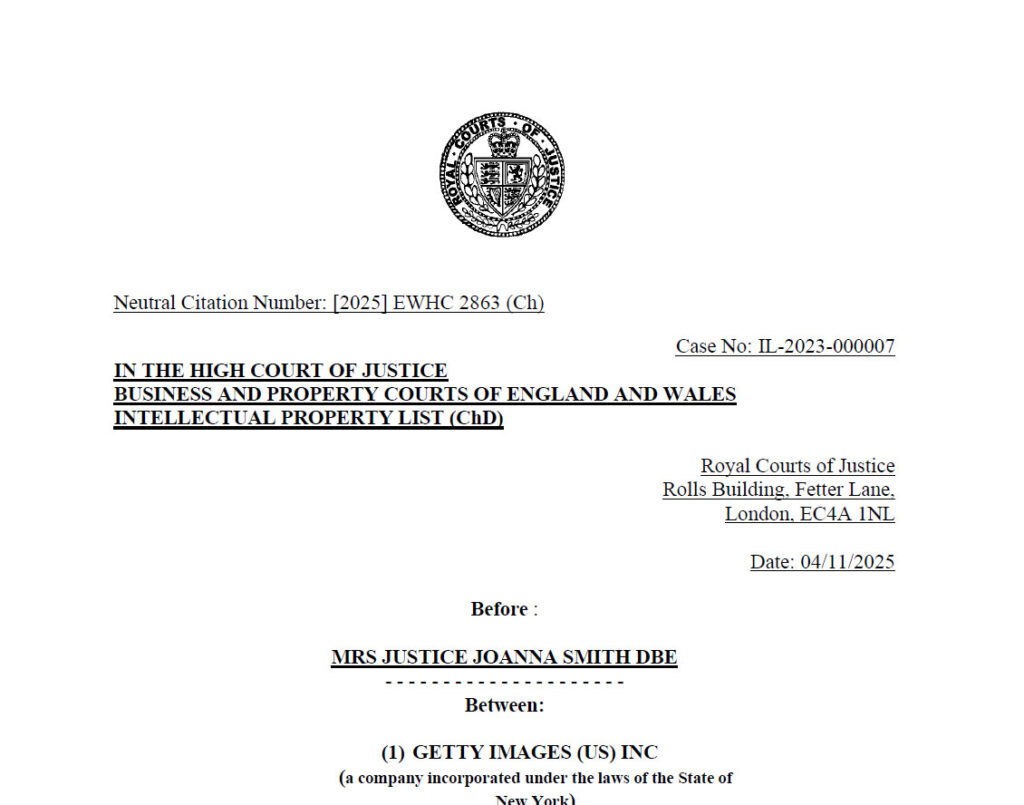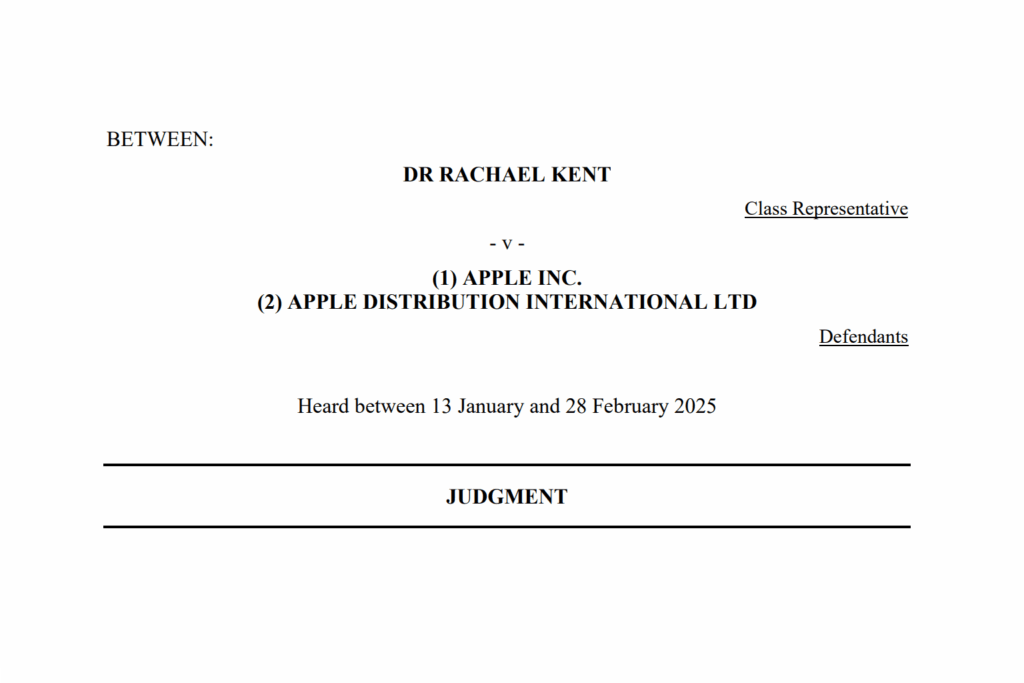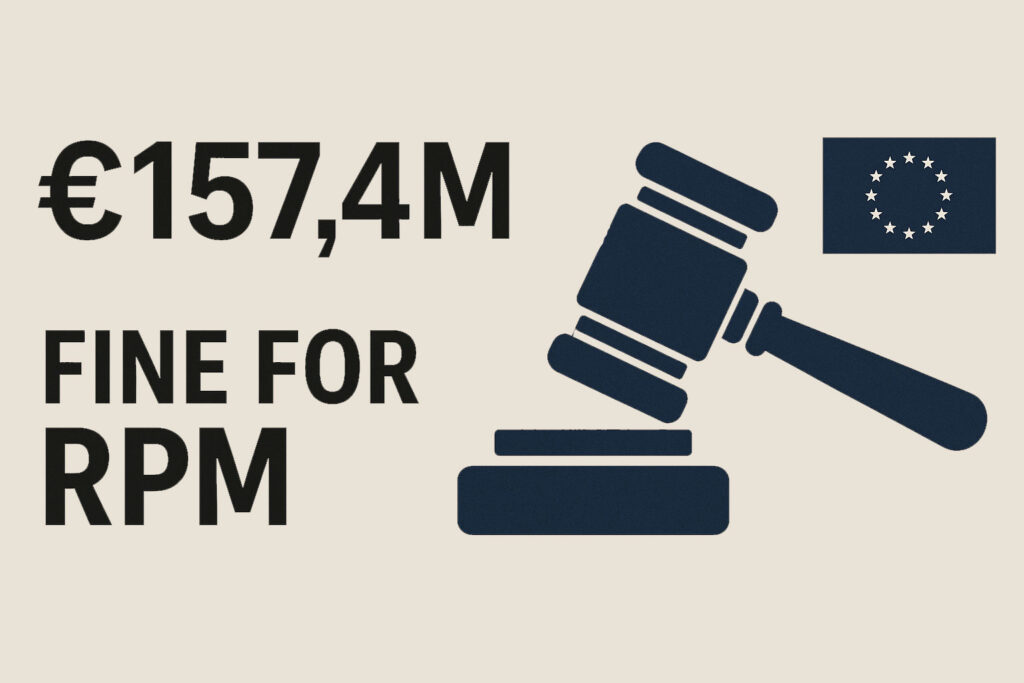On 2 June 2025, the EU Commission imposed a €329 million fine on food delivery giants Delivery Hero and its Spanish subsidiary Glovo for engaging in anti-competitive practices between 2018 and 2022. This landmark decision marks the EU’s first enforcement action against a “no-poach” agreement and highlights the legal risks associated with minority shareholdings facilitating collusion.
Key Findings of the Commission
The Commission’s investigation revealed that Delivery Hero and Glovo:
- Agreed not to recruit or “poach” each other’s employees, limiting job mobility and competition in the labor market.
- Exchanged commercially sensitive information, including pricing strategies and expansion plans.
- Allocated geographic markets within the European Economic Area (EEA), avoiding competition in certain national markets.
These practices were facilitated by Delivery Hero’s minority stake in Glovo, acquired in 2018, which provided access to sensitive information and influenced strategic decisions. The collusion persisted until July 2022, when Delivery Hero acquired full control of Glovo.
Legal Implications
This case sets significant precedents in EU competition law:
- Labor Market Collusion: The Commission’s action against a “no-poach” agreement underscores the importance of fair competition not only in product markets but also in labor markets.
- Minority Shareholding Risks: The decision highlights that even non-controlling minority stakes can lead to anti-competitive coordination, emphasizing the need for careful antitrust compliance in such arrangements.
- Market Allocation: Dividing markets among competitors is a serious infringement of EU competition rules, as it restricts consumer choice and stifles innovation.
Consequences for the Companies
Both companies admitted their involvement and settled the case, receiving a 10% reduction in fines. Delivery Hero was fined €223 million, and Glovo €106 million. This settlement allows them to avoid prolonged legal proceedings but also serves as a cautionary tale for other firms in the industry.
Broader Impact
The Commission’s decision sends a clear message that anti-competitive practices, especially those affecting labor markets and facilitated by corporate structures like minority shareholdings, will be met with strict enforcement. Companies must ensure robust compliance programs and be vigilant in their corporate governance to avoid similar pitfalls.




